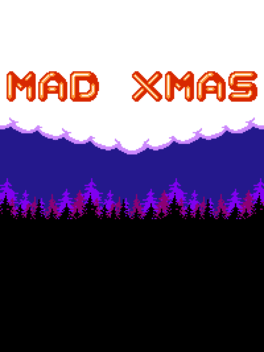Most Popular Family Computer Games - Page 12
-
Huarongdao
2005
-
Boxing Wrestle
2004
-
Way Out
2005
-
Stub Game
2004
-
Radish Field
2005
-
Magical Kitchen
Clone of the Flash game Tomato Bounce; most graphics are retained from the original. The player must catch the fruits and vegetables as they jump off of the counter. A VT368 hack of the game was also produced (under the same name). Later re-published by Waixing; the Waixing version uses what is possibly a rendition of the Rugrats theme. -
Brave Boy
2005
-
Final Man
2004
-
Aether Fighter
2004
-
Danger Zone
2005
-
M_Day
2003
-
Cute Fish
2005

